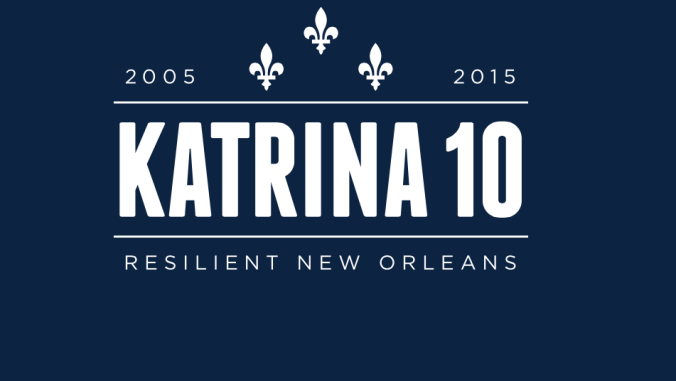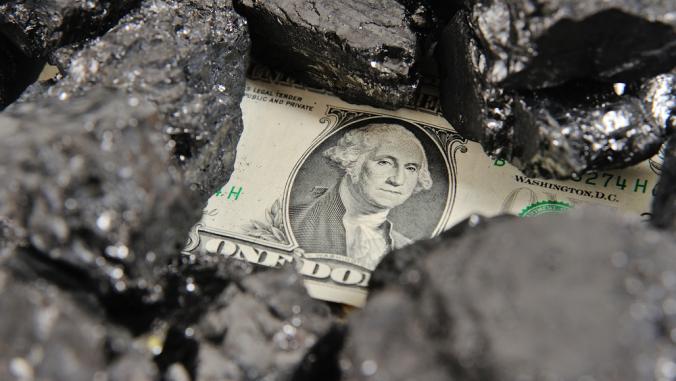Beyond big goals: Where does business go from here on climate?
The Paris climate talks were a visible rallying point for corporate climate action. Executives from We Mean Business, Facebook and Microsoft weigh in on what's next.

For Facebook's self-proclaimed sustainability guru, the Paris climate talks were an important milestone. But the United Nations COP 21 summit last December certainly wasn't the be-all, end-all for companies invested in curbing fallout from climate change.
Though critics contend that the red tape-intensive international gathering was lacking in concrete plans to keep global temperature rise to a minimum — a la new carbon pricing schemes — others say that the deal between 189 countries to hold temperature increases below the much-discussed 2 degrees Celsius threshold is a practical place to start.
"The way Paris was framed was kind of brilliant," said Bill Weihl, Facebook's director of sustainability, during a panel discussion on Wednesday at the GreenBiz 16 conference in Scottsdale, Arizona. "We were all agreeing on the North Star goal, and we’re getting back together to reevaluate. That’s exactly what we do at companies."
Now, the hard part: seeing through the ambitious individual corporate goals set in the run up to Paris, which represent a departure from the time-tested model of setting incremental environmental goals you know you can hit.
From 100 percent renewable energy commitments to sustainable commodity sourcing, better building efficiency or cleaner transportation, well-known companies across industries publicly signed onto a wide range of ambitious new commitments ahead of the Paris proceedings.
“Those who made bold commitments need to deliver on them," said Nigel Topping, CEO of sustainable business advocacy group We Mean Business. "There’s a lot of skepticism from politicians and civil society."
From antiquated infrastructure to a lack of clarity on clean energy policy and peers in business that remain skeptical of the immediacy of climate change, the challenges are wide ranging and not easily solved. Still, trends like the uptick in corporate clean energy purchases, increasingly prevalent supply chain disruptions and a few positive policy indicators could press the issues.
“This is going to require changing out the underpinnings of our industrial society," Wheil said, mentioning energy and agriculture in particular. "What we don’t want to do is brute force this. What we need to do is double down on the things that are actually driving change."
A new business climate
Economic drivers like the plummeting price of solar power are crucial in the push to increase the number of institutions, including large businesses, taking action to mitigate climate change.
But there are also more abstract forces in play, like the fundamental re-framing of climate issues that has happened since the Copenhagen climate talks in 2009.
“The sea change is the discourse that happens in both public and private," said Rob Bernard, chief environmental strategist for Microsoft.
While climate change was once a radioactive political issue (and still is in some conservative corners of the U.S. in particular), Topping added that the shift to businesses lobbying in favor of climate-friendly policy was new in Paris.
“Negotiators have only heard from those who don’t want change — those who see climate change as a threat to their business models," he said.
This is going to require changing out the underpinnings of our industrial society.
One element of corporate sustainability programs that is reinforcing the urgency of attention to climate issues is the vulnerability of global supply chains to extreme weather or other disruptions.
Jim Hanna, the outgoing sustainability lead at Starbucks headed for a new role at Microsoft, said that one tack companies are trying is better "humaniz[ing] supply chains."
"We don’t talk about your coffee going away," he said. "We talk about a family in Honduras or Costa Rica.”
The shift in communications strategy, not to mention high-profile disasters like extreme flooding in the Philippines or the collapse of neglected garment factories, is one example of broader interest in acting on interconnected sustainability issues.
“It was a tree hugger thing, and now it’s about society, ” Wheil said.
What's next
Even if you buy into a broader view of sustainability, immediate barriers to progress on ambitious climate goals remain.
Fragmented renewable energy policies, disagreements over what counts as clean energy (RECs vs. PPAs, anyone?) and confusion over how to factor in the financial risks associated with fossil fuels are just a few central issues. Then there's the matter of whether it's ultimately too late to even achieve a two-degree goal.
“The infrastructure isn’t there, even if the rhetoric is," Bernard said. "I think awareness is no longer the dominant problem. The issue is do we have the tools we need to succeed?”
Microsoft has already implemented an internal price on carbon to add a direct financial incentive to emissions cuts. Though carbon pricing as a public policy issue often begets wonky political and economic arguments, Bernard said that the company relied on a relatively straightforward process of identifying the sources of carbon emissions (travel, data centers, buildings, etc.) and adding a line item for emissions to each of those departments' budgets.
Since going public with the financial impact of the program others have come to Microsoft with questions on setting up their own systems.
“They come to us and think it’s going to be complex," Bernard said. "It’s like, 'No, no, it’s supposed to be simple.'”
Facebook, meanwhile, is chipping away on a long-term 100 percent renewable energy goal — “the only number that makes sense,” Wheil said — without a price on carbon. Wheil said the financial driver proved unnecessary with the company's centralized energy procurement and more immediate goals to achieve 25 percent renewable energy by 2015 and 50 percent renewable by 2018.
“One of the biggest levers we have is site selection," Wheil said, noting that the company now counts “access to cheap clean energy” as an important element of potential data center locations.
In addition to the economic development argument for states hungry for tech tenants, companies in other industries are also inking long-term power purchase agreements (PPAs) and helped illustrate demand for commercial renewables. Collaborative efforts like the Corporate Renewable Energy Buyer's Principles have also been launched in a bid to better coordinate those efforts.
Mark Kenber, CEO of the Climate Group affiliated with the RE100 corporate renewable energy group, said that 20 new members have joined after the Paris climate talks, including auto giant BMW, giving him hope on the execution of ambitious goals.
“I had a real fear some of the businesses who made commitments might just disappear," he said. "That’s not the case."





